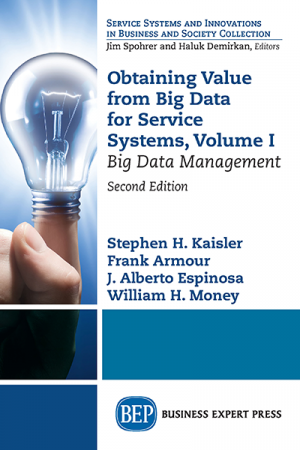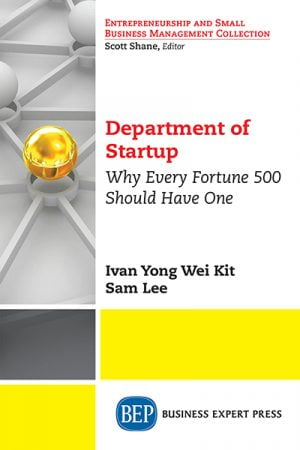Understanding Cyberrisks in IoT: When Smart Things Turn Against You
$26.99As much as companies have increased their awareness about cybersecurity, not all of them are taking effective measures to protect themselves and their customers. Many “smart” things or “IoT” devices get connected every year, allowing the creation of more efficient and even new products and services. However, this also brings new risks, considering also that these type of systems present additional challenges for applying cyber- security measures. This often leaves many doors open to malicious hackers!
This book explains different ways how these systems get exposed to cyber-attacks in a friendly language using real cases as examples. Business professionals and nontechnical readers can benefit from this book by learning that cybersecurity is not an IT problem but an organizational prolem. As a leader and decision maker, having an under standing of IoT cyberrisks can help you to improve the preparedness of your organization to prevent and deal with cyberattacks. Overall this book is for everybody that wants to learn a little bit more about how cybersecurity is becoming more relevant in the connected world, both present and future.











